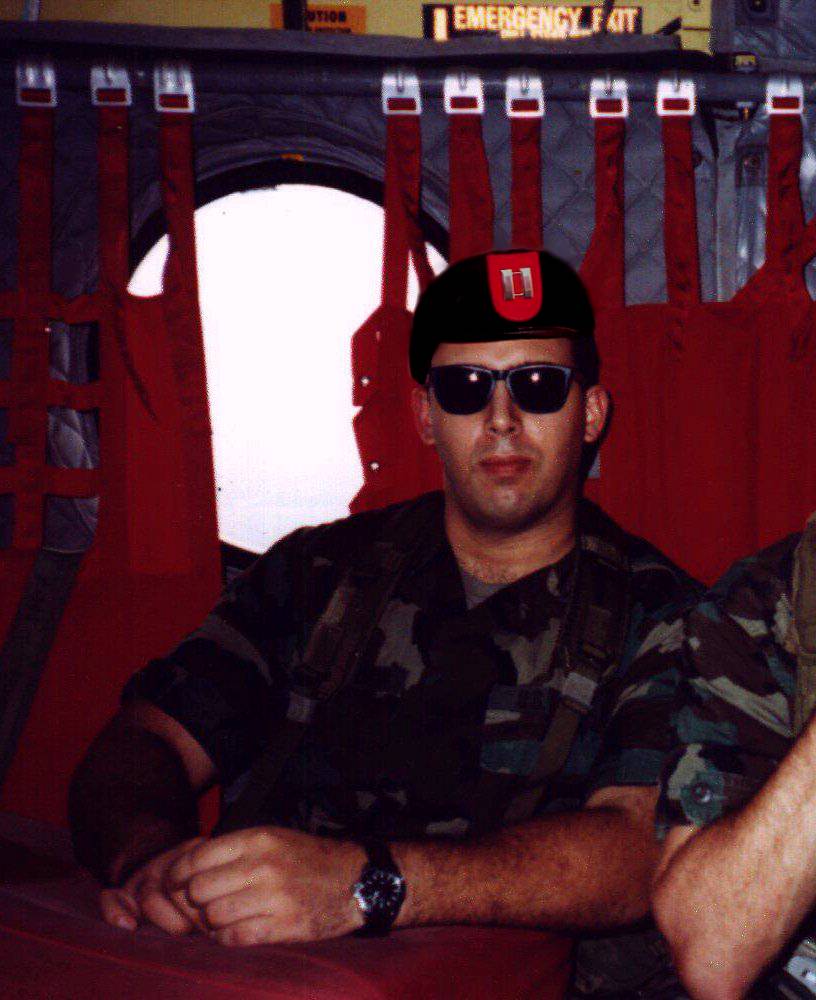The Cincinnati Enquirer | By: Cliff Peale
Mike Robinson knows he owes much of what he has to the U.S. military.
“Procter & Gamble wouldn’t have hired me out of college,” Robinson says. “I was not P&G material. But I was good enough for the Army.”
Robinson did in fact go to work at P&G, but only after a decade in the Army that included a stint in Special Forces, the legendary Green Berets.
Since then, he worked at P&G for eight years, but has carried much of his military background into his current venture, LaVERDAD Marketing and Media in Montgomery.
Robinson runs LaVERDAD like one of those Special Forces units he commanded in Latin America.
All dozen of the men in the unit were expert fighters, but then there were specialists in explosives, weapons or medicine.
Robinson calls those elite units “the best teams in the world.”
“On a Special Forces ‘A’ team, everybody has a core competency,” he says. “Then you have vertical specialties. We called that the ‘force multiplier.'”
That’s the connection between the military and business – the two great passions for this local business owner – that Robinson uses to his advantage. In speeches to plenty of local civic and corporate groups, he hooks audiences with the Green Beret stories, then reels them in to learn more about LaVERDAD.
The same formula that Robinson saw in the special forces is the approach Robinson is using to build LaVERDAD, which he says is turning the corner to profitability this year and helps some of the country’s biggest corporate names to reach a growing base of Hispanic consumers. Robinson, a Mexican-American, says it’s an area of great opportunity.
“We all have our specialties,” he says. “But first and foremost, we’re all marketers.”
The 43-year-old Robinson’s eyes light up when he talks about LaVERDAD, or about his three children. But he clearly has another passion. Twice in the last four years, he’s taken time to use his business background to help his country.
First, shortly after the Sept. 11 terrorist attacks, Robinson spent a year as part of a bioterrorism detection project, known as Project BioSense, that gathered data that might help recognize a mass attack.
The theory was that researchers might be able to recognize a bioterrorist attack if they saw a spike in sales of cold remedies, or even high levels of school absenteeism. That project was completed in 2003, and now operates under the Centers for Disease Control.
But the experience changed Mike Robinson. Emboldened by the project, he decided not to return to P&G, and started LaVERDAD. He’s held seminars on tapping the Latin American market around the Midwest. He’ll do another one at the University of Cincinnati in October.
Earlier this year, Robinson’s country called again. He joined a committee set up by U.S. Central Command, charged with developing a plan for “strategic communications” in the Middle East.
Translation: finding a way to convince people in the Middle East to like and respect us.
“My answer was simple: feedback,” Robinson says. “You’ve got to talk to consumers. That’s how you do it. And the consumers are people in the Middle East.”
A supporter of the war in Iraq, Robinson still understands how some in that area of the world may have different opinions than he does. “If I lived in the Middle East, my opinions would be shaped by my reality,” he says. “They only know what’s going on in their world.
“Having lived in many parts of the world, I think we have a certain pretentiousness about us, especially folks who don’t go to other parts of the world.
“We haven’t done a good job of creating a message of welcoming inclusion. Even in our own country. That’s why I’m passionate about this Latino marketing.”
Robinson’s back at work full-time now. He won’t give details about the “strategic communications” plans he helped develop. But the program, he says, is here to stay.
As he sits in a Starbucks on Montgomery’s strip, watching the traffic go by, he says he doesn’t envy those fighting insurgents in Iraq now. And he thinks the United States is “a lot less vulnerable” to a bioterror attack than it was before 9/11.
“I know what we did in infectious diseases is going to save lives,” he says. “Because we’ll identify it before it takes hold.”

